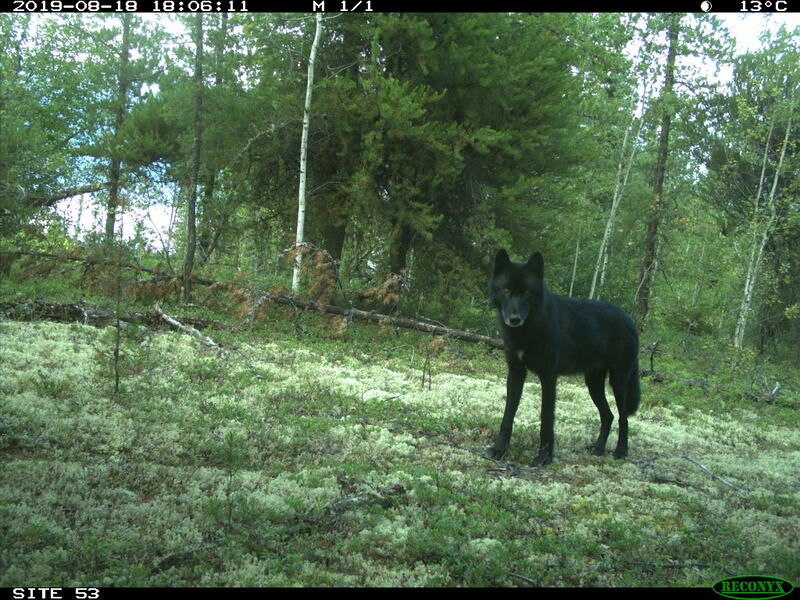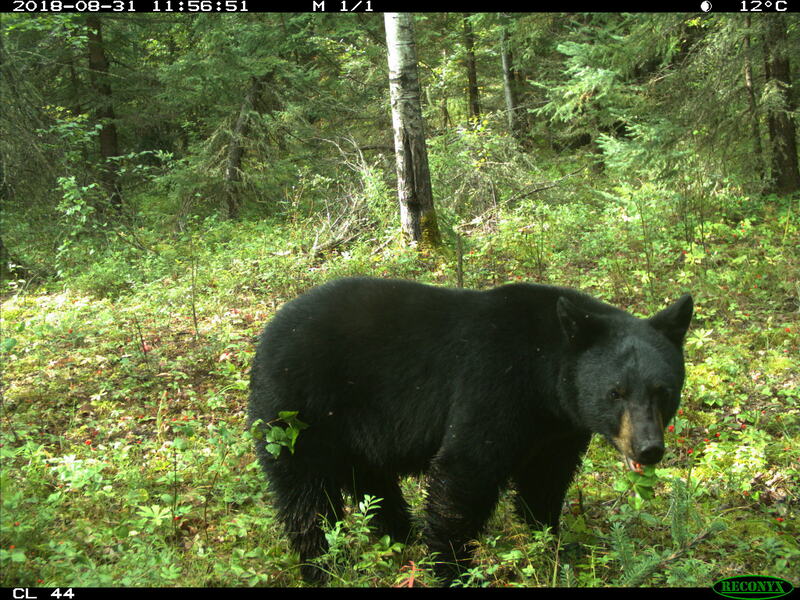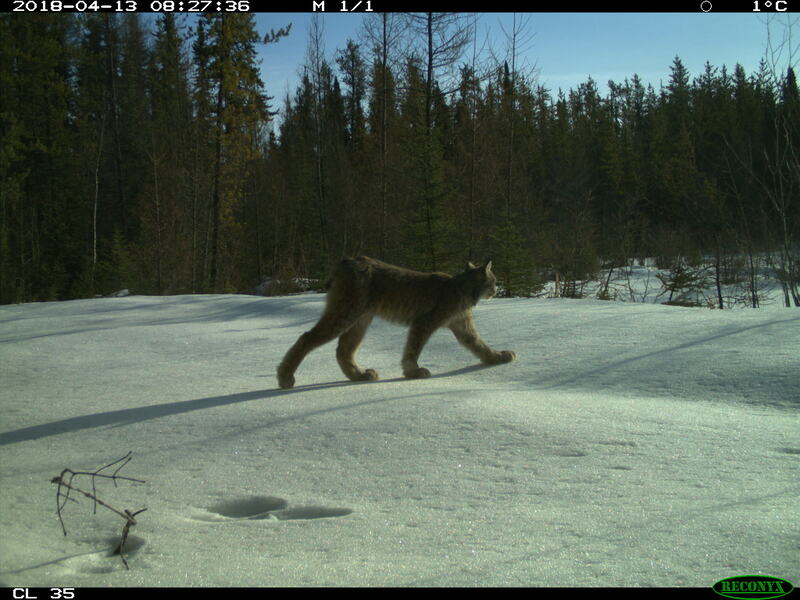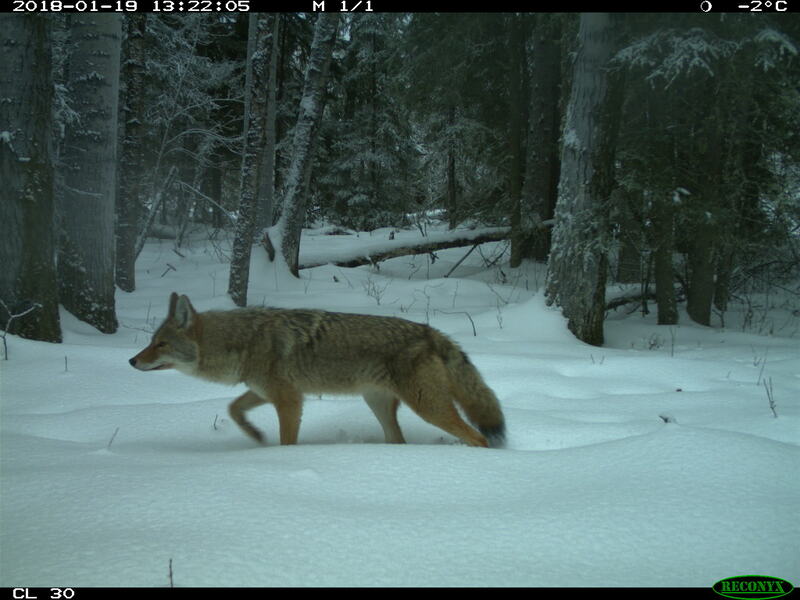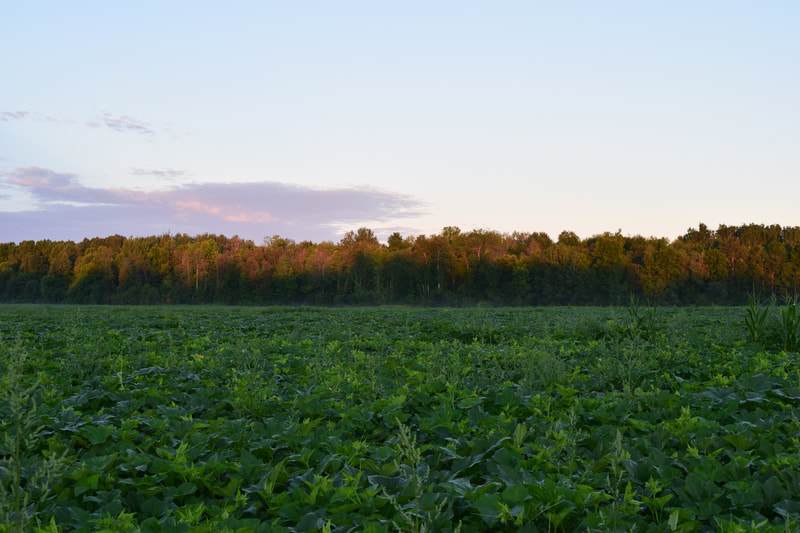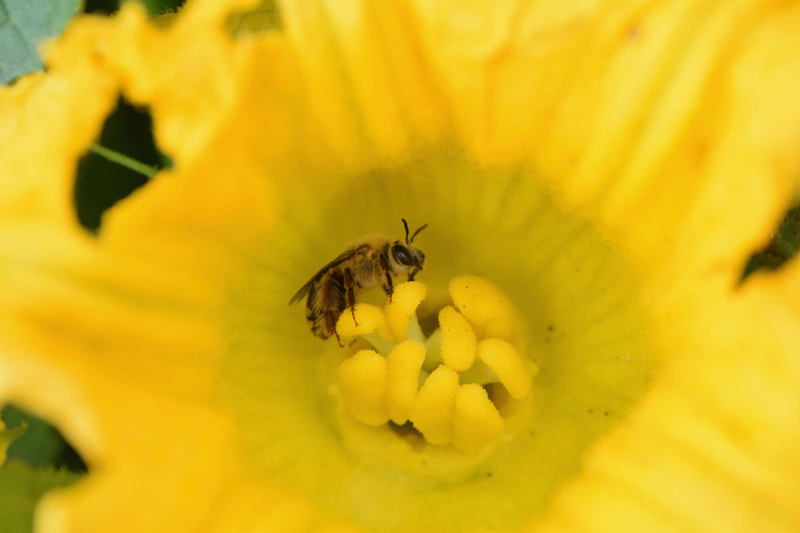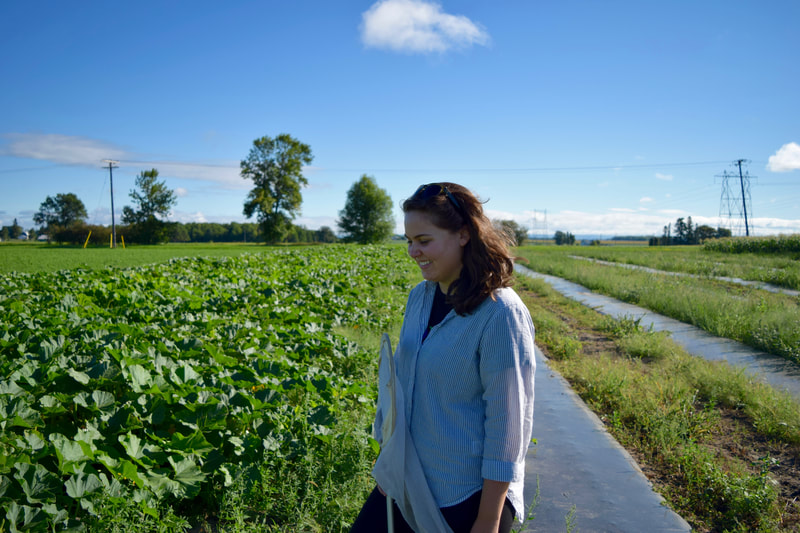Research
Current Research
Evaluating the effects of a woodland caribou recovery strategy on carnivore community resource selection
The boreal forest of northeast Alberta is undergoing rapid change due to increasing industrial development, including oil and gas exploration and extraction, and forest harvesting. Government-mandated predator control is also being conducted in certain areas within this landscape to help conserve threatened woodland caribou populations. In collaboration with InnoTech Alberta, my M.Sc. research focuses on how the carnivore community is behaviourally responding to predator control within this disturbed landscape, and the implications for woodland caribou recovery.
Evaluating the effects of a woodland caribou recovery strategy on carnivore community resource selection
The boreal forest of northeast Alberta is undergoing rapid change due to increasing industrial development, including oil and gas exploration and extraction, and forest harvesting. Government-mandated predator control is also being conducted in certain areas within this landscape to help conserve threatened woodland caribou populations. In collaboration with InnoTech Alberta, my M.Sc. research focuses on how the carnivore community is behaviourally responding to predator control within this disturbed landscape, and the implications for woodland caribou recovery.
Camera trap images collected in the Christina Lake region of northeast Alberta.
Past Research
Bee foraging behaviour in agricultural ecosystems
Interspecific interactions among bees can alter their behaviour, which can potentially affect their ability to pollinate. Understanding how these interactions may alter pollination is particularly important in agricultural ecosystems, given society's dependence on food production in these ecosystems.
From 2016-2017, I was a field assistant and Honours student with the Forrest Lab at the University of Ottawa. I researched how foraging behaviour of the specialist squash bee (Peponapis pruinosa) was impacted by honey bee (Apis mellifera) and bumble bee (Bombus impatiens) interactions in pumpkin crop in the greater Ottawa area.
Bee foraging behaviour in agricultural ecosystems
Interspecific interactions among bees can alter their behaviour, which can potentially affect their ability to pollinate. Understanding how these interactions may alter pollination is particularly important in agricultural ecosystems, given society's dependence on food production in these ecosystems.
From 2016-2017, I was a field assistant and Honours student with the Forrest Lab at the University of Ottawa. I researched how foraging behaviour of the specialist squash bee (Peponapis pruinosa) was impacted by honey bee (Apis mellifera) and bumble bee (Bombus impatiens) interactions in pumpkin crop in the greater Ottawa area.
Squash bee (Peponapis pruinosa)
